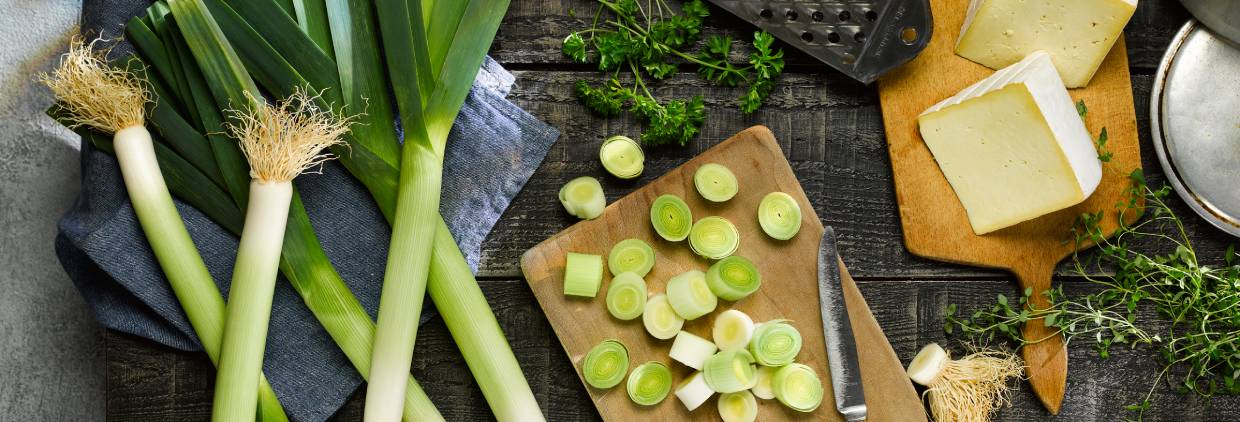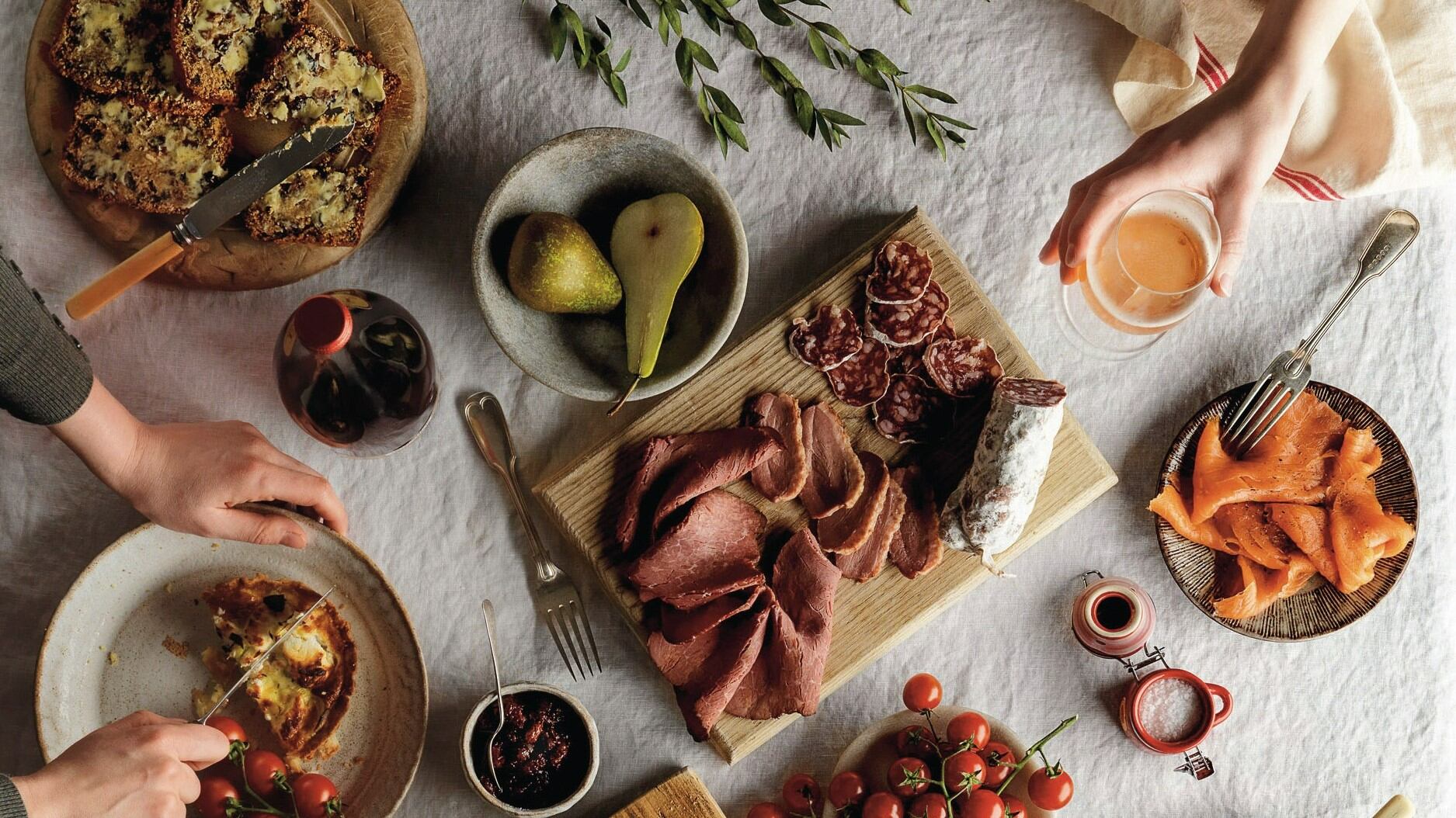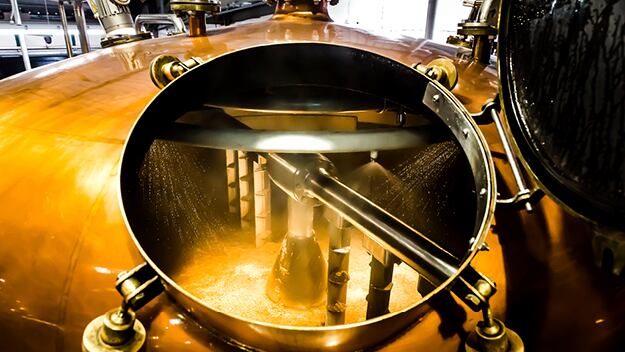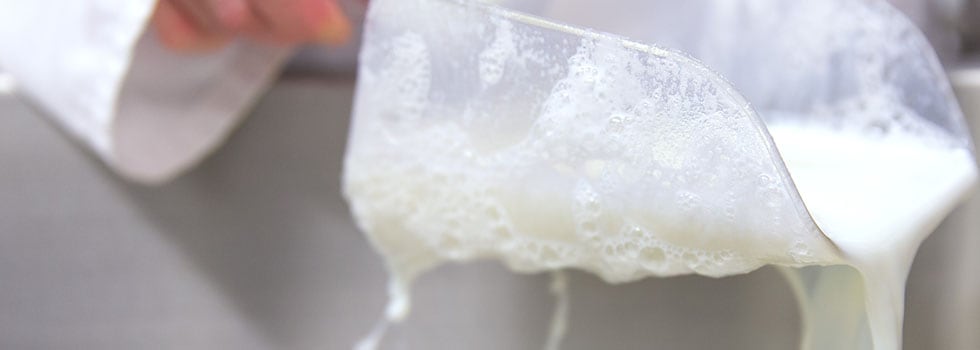In 2021, the Welsh Government unveiled its strategic vision for the food and drink industry.¹
One of its aims was to grow the turnover value of the food and drink sector to at least £8.5bn by 2025. This includes businesses that produce, process, manufacture and wholesale food and drink goods.
To help reach its target, a comprehensive package of support has been available to businesses with operations in Wales, and by 2023 the value of the industry had already reached £9.3bn, meaning the target had been exceeded two years early.²
One of the key drivers of this growth has been the increasing international outlook of the industry. With easy access to high-quality raw materials and solid government support, such as targeted financial incentives and support to facilitate business settlements, Wales has established itself as an attractive destination for international investors.
Many global corporations, such as Japanese snack producer Calbee, have taken advantage of this and chosen Wales as a location to produce high-quality food and drink.
Despite recent challenges posed by COVID-19 and Brexit, the Welsh food and drink industry has been remarkably resilient when it comes to selling its products overseas.
The latest available figures show that the value of its exports grew by 43% in the period between 2019 to 2023, worth £813m in that last year alone, with quiet optimism for further growth.
There are packages of support in place, through the Welsh Government’s export development programme, to help businesses looking to explore new markets.²
This includes everything from assistance in developing export strategies to help with identifying the most suitable overseas markets, to advising on the details of any financial and local tax issues, export procedures, regulations, logistics and insights into the local language requirements and cultures.

In addition, there are programmes available to support businesses to gain direct, first-hand experience of markets in target countries, in addition to having a presence at Cymru Wales branded pavilions at a range of international trade events, such as Gulfood, Foodex, and more.
International expansion
One company currently successfully flying the flag for Wales globally is the UK’s oldest lager brand, Wrexham Lager. With a storied history dating back to 1882, production ceased at the turn of the millennium before being revived in the 2010s by a local consortium.
Fast forward to the present day and the company is now co-owned by Hollywood superstars Ryan Reynolds and Rob McElhenney, and is riding high on the wider success of Wrexham since the pair took over the football club back in 2021.
International expansion is a key part of their growth plan, beginning with a heavy focus on North America, as well as increasing the company’s footprint in Australia, Scandinavia and eastern Europe. For CEO James Wright, raising its profile overseas also helps with its plans closer to home, such as to considerably upscale its brewery in the centre of the city.
“In the last 15 months we’ve looked at how we build this brand moving forward. Key to this is taking a targeted approach to turning a regional brand into a national one within the UK, before increasing our footprint overseas,” says James Wright, CEO at Wrexham Lager.
Due to the impact of its owners, Wrexham Lager’s experience of growing its brand overseas may differ to others, however Wright feels there is good support on offer from the Welsh Government for those looking to expand into new markets.
“We have a fantastic cluster system in Wales. There’s an Export Cluster and a CEO Cluster, for example. The wealth of information that you can get from other businesses, the Welsh Government and the supporting agencies is second to none,” says Wright.
“There is also help with data, as well as funding to get to new markets, but you need to make sure you have a very clear strategy and business plan before you do that.”
Looking to the future, for Wright it’s about leveraging their current influence to build the brand globally, but also to work with Brand Wales to continue increasing overseas recognition for produce from Wales.
“We very much see this as an opportunity for a partnership approach, where we can work together to generate both inward and outward investment in Wales,” adds Wright.
The ‘Value of Welshness’
When it comes to the strength of Brand Wales in connection with food and drink, the latest research commissioned by Welsh Government shows that demand for Welsh produce remains strong.³
The ‘Value of Welshness’ report has been tracking consumer attitudes for a number of years which shows that within Wales, there is a strong and growing underlying desire for Welsh food and drink; eight out of ten respondents say they would choose like-for-like Welsh products over other country of origin products, and nearly two thirds would pay more for Welsh products, up from 44% in 2017.³
In addition, a significant proportion choose retailers or food-related venues at least partly based on whether there is a good range of Welsh products available, with ‘Welshness’ holding a broad range of positive connotations, such as ‘Fresher’, ‘Better Tasting’, ‘Better Quality’, ‘Sustainable’ and ‘Natural‘.
But these sentiments are not only confined to Wales; shoppers in England also have a positive perception of brands with provenance and regard Welsh produce in a similarly high regard as people within Wales, underlining the brand value of Welsh provenance.
Trade deals and opportunities
These findings come as the industry prepares itself for the next edition of its international trade event, Blas Cymru / Taste Wales, which takes place on 22-23 October 2025 at the International Convention Centre in Newport.⁴ There was a strong international presence amongst the almost 300 buyers at the last event in 2023, generating a significant number of trade deals and opportunities in domestic and international trade.
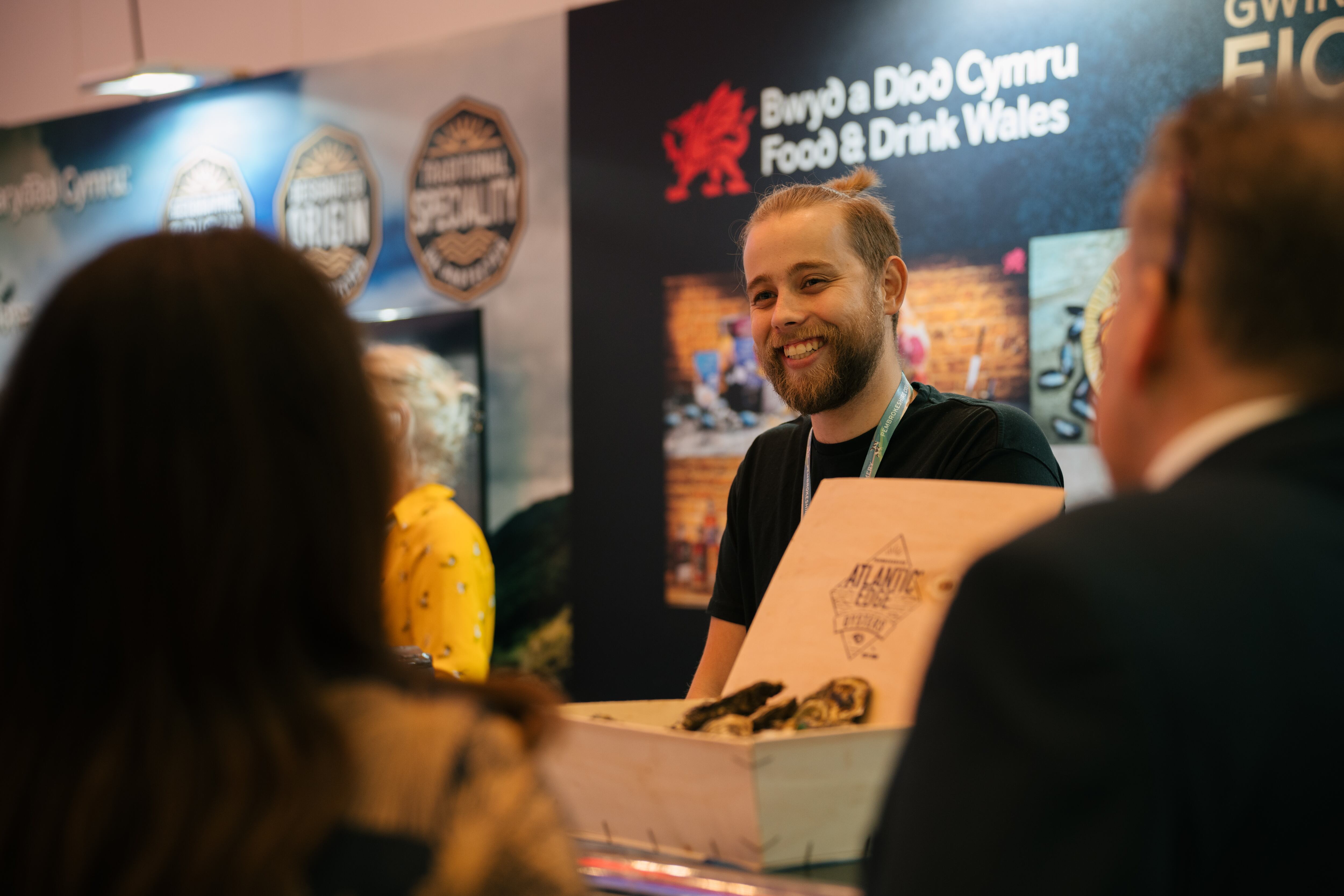
Those that have benefited from previous events include Radnor Hills. With over 30 years of producing award-winning pure and flavoured spring water drinks at source, it is a fifth-generation family-run business based in Knighton, Powys.
For Radnor Hills’ Marketing Manager, Chris Butler, the event has been important in driving business growth: “We have been to all previous events and believe not only is it the best show for attendance, but also for the quality of leads. It has allowed us to not only seek new opportunities in some areas, but also helped us drive forward with our technology, as we’ve previously used it as an opportunity to showcase our canned water.”
Ultimately, the event is also an opportunity to broaden the company’s horizons and look further afield.
“It is good to be able to look outside of Radnor and Wales’ food and drink sector to understand the industry, to look outwards at the wider landscape. It is nice to see who else is out there, together with the potential to support and collaborate with others,” adds Butler.
Looking ahead to the forthcoming event, Huw Irranca-Davies MS, Deputy First Minister with responsibility for Climate Change and Rural Affairs says: “I’m excited to be able to welcome people from across the world to Blas Cymru / Taste Wales, and I would urge people to come and see for themselves what we have to offer.”
“The industry continues to grow, both at home and overseas, and we plan to build on this further over the coming years. We’re proud of the package of support that we’ve got in place to help the industry, and the export development programme is clearly having a positive impact in helping this growth,” says Irranca-Davies.
Learn more about Welsh food and drink here.
References
- Food & Drink Wales. A Vision for the Food & Drink industry from 2021.
- Welsh Government. Welsh food and drink industry grows by 10%.
- Business Wales. The Value of “Welshness”.
- Food & Drink Wales. Blas Cymru / Taste Wales.

